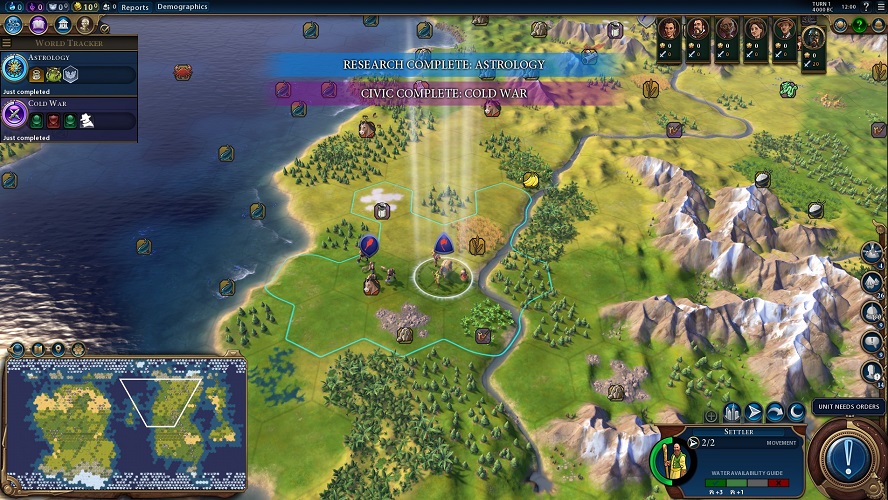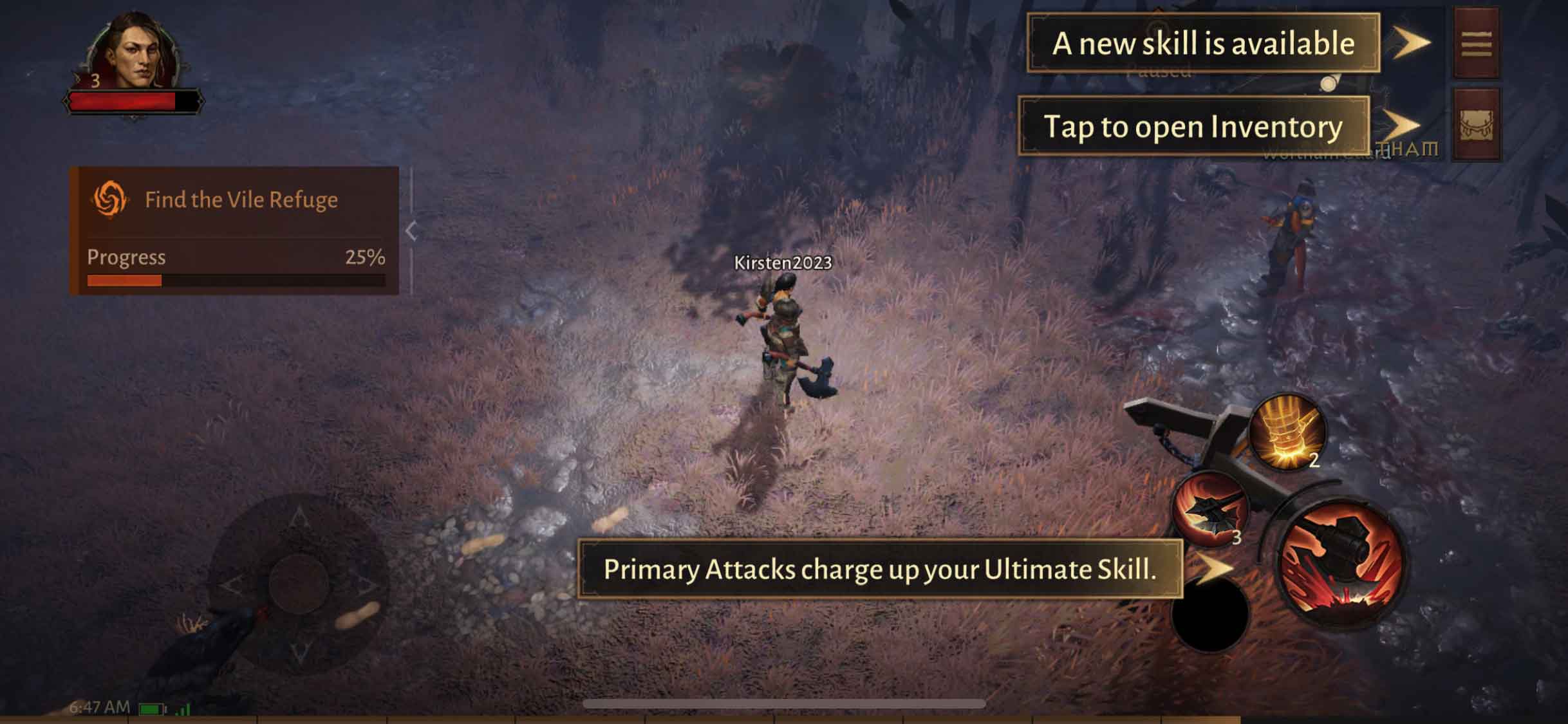What we know so far about video games and MND
Published: March 2024
Are you keen on games? Or do you think you could be?
Like to hang out and play games online with family and friends, games such as Civilisation, Minecraft, Catan, scrabble, Sudoku, Mahjong or others?
We’re learning a lot here at MND Australia about supporting people living with MND playing games. Like 81% of Australians1, many people living with MND play games, according to anecdotal evidence2. Enjoying games can be a fun way to feel connected to others and get involved in daily activities.
But it is not always easy for people with physical access needs to enjoy video games. Gaming can become more complex3. The tips, tricks and technology that can help are not always easily available, either.
We looked at studies and relevant evidence from across the world of what people living with MND have said about games and the technology used to play them. We’re planning on holding workshops soon about gaming and MND. We wanted to know more about what does and doesn’t work.
Below you can find some of the great insights shared by people living with MND about games and technology. We would love to hear from you about your experiences too, so feel free to get in touch if you'd like to tell us about some of your favourite games!
 Image: An example of a turn based game (screenshot of Civilisation by Dr Matthew Harrison).
Image: An example of a turn based game (screenshot of Civilisation by Dr Matthew Harrison).
Past work about MND, videogames, communication technology and quality of life
One of the biggest things we’ve learned is that there have been significant advances with some forms of technology in recent years and these advances hold great potential for removing barriers for more people to be able to play games with other people. At the same time, much more can be done with games and the variety of devices that can be used to play them to better support people living with MND.
We looked at academic studies, but also technical guidelines, community surveys, news reports and stories about games and technology by people living with MND.
A lot of previous work explored new and emerging technology and explored games with other recreation activities4, 5, 6, 7, like smart home devices, brain computer interfaces (BCI), touch and eye control devices and tablet computers. When the type of games played were identified, they were turn based or didn’t rely on speed: puzzle, online word and board games and 3D sandbox games (e.g. Minecraft).
Past work also included technology that has potential to be used for supporting play because it could be used for communication and controlling computers and other devices8.
Technology included virtual assistants, voicebanking, computers (desktop or laptop), robots, webcams, switches and adaptive controllers (e.g. Xbox adaptive controller). “Low tech” forms like boards, tables and arm rests also showed potential.
“I know from personal experience how MND makes playing [video] games increasingly difficult, yet there are solutions that mean this can remain an enjoyable leisure activity.” (person with MND)
We are still refining and finalising our review. There are major gaps in the existing evidence, suggesting a need for more research.
Our initial results showed a small group of studies in which over 350 people living with MND, their carers and loved ones participated. Many participants shared common experiences with communication technology, including games, and how they can shape quality of life. Some of the most common were:
- Joy and pleasure when playing games and using technology more generally, such as being able to reduce boredom, spend time with others, enjoy music and videos, or feel more independent when being able to communicate
- Difficulties with games and technology that led to frustration, like gameplay that was hard to enjoy or navigate, having limited understanding of what games and technology are available and devices taking too much time to set up and adjust settings.
The experiences reflected some things we’ve learned from those who have let us know they would like to get involved in Game On With MND.
 Image: An example of potential barriers in graphical interfaces in games for some players (screenshot of Diablo Immortal by Dr Matthew Harrison).
Image: An example of potential barriers in graphical interfaces in games for some players (screenshot of Diablo Immortal by Dr Matthew Harrison).
Potential changes to games and devices that could help
We feel that many people living with MND have come up with excellent ideas for helping make games more fun and easier to play. Overall, many participants felt that it could help to improve:
- the accessibility of communication technology generally, including gameplay (e.g. more options for managing speed, reducing repetitive button pushing and unnecessary tasks) and graphical interfaces for a range of devices (e.g. icons, menus)
- the time it takes to set up and adjust games and other technology, and
- access to more technical support and advice, including for games.
We expect to find more potential changes as we learn from the MND community here in Australia.
“This is the age of hi-tech and there are huge benefits in us exploring just how people living with MND can benefit from all the billions being spent by the gaming industry on virtual reality, the automotive industry on driverless cars, the computing industry on expressive voice synthesisers and so on. It’s all potentially life-changing for those of us with MND.” (Dr Peter Scott-Morgan, who died aged 64 after fighting to ‘thrive’ despite MND).
Want to help others game on with MND?
In our upcoming workshops we’re hoping to learn what sorts of changes to software and hardware may help people living with MND, and changes to social opportunities to play games with others. If you or someone you know would like to get involved, please contact:
Ben O’Mara
[email protected]
0402 677 227
More information
- Getting into the game: inclusive gaming controllers for people living with MND
- Intro to Gaming with a Progressive Disease
- Game Accessibility Guidelines
- Equipment, assistive technology & home modifications
This story was written by Dr Ben O'Mara, Dr Matthew Harrison, Dr Kirsten Harley and Dr Natasha Dwyer.


